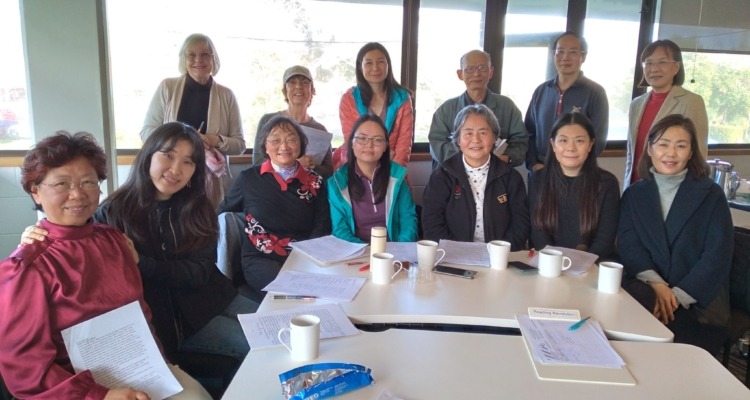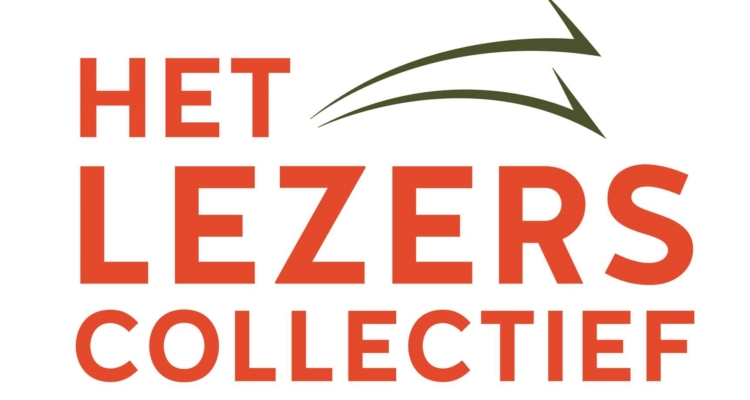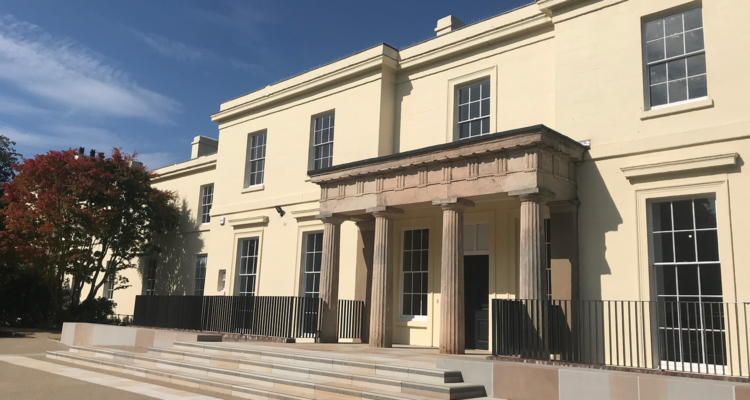After Empire
Kimberley Long discovers that history and geography matter in ways you don't expect.
One thing I’ve discovered since I came to Japan is just how abysmal my geography and world history is. Like many Brits I was complacent about it because of my built-in knowledge of Europe; I can find my way around a map of Europe blindfolded and know all about Germany’s GNP prior to the Second World War thanks to A-Level history. But beyond this I have come to realise how much I don’t know. I never knew how close Japan was to Korea, or how far from Australia New Zealand is before I came here. And this is before I even begin to ponder how much I don’t know about world history. When you have friends from South Africa who mention people speaking Dutch in their part of the world and all you can do is smile and nod, it’s time to get reading.
So lately I’ve been devoting some time to changing this. After one of the history teachers in my school had a conversation with me about the attack of the Spanish Armada and Elizabethan history I had to admit I knew nothing of Japanese history. So I hunted out a guide to Japan my friend lent me not long after I arrived to brush up on my emperors and shoguns. Richard Tamses’ Japan from A Traveller’s History series may not be the most in depth study into Japan and its society but it provides a good starting point for someone who knows nothing of the country’s past. The same is true of my knowledge of everything American. A hunt around the staffroom in school uncovered a treasure trove of materials left by past generations of ALTs, amongst which was a brief guide to American history and one of American geography. These are little more than pamphlets that are given out by the American embassy but at least I can now say that I know some of the differences between New Hampshire and New Mexico, and the geographical features in between.
When I moved into my apartment one of the books of my shelf was Niall Ferguson’s Empire. Yes, I know this is a book on British history. The Empire however is a side of British history that generally isn’t taught at school; and at least not to me anyway. Taught British history generally focuses on what took place on the "scepter’d isle" itself, with some passing references to the sun never setting on the British Empire. Just where that was and when was something that completely eluded me.
Ferguson’s book gives an outline on how Britain helped to shape the modern world, but also gives a good insight into how these countries then went on and became independent nations in their own right after British rule. It’s especially interesting for me to think about how this helped the spread of English around the world and indirectly resulted in me being in Japan teaching what is perceived to be the world’s most international language.
Thinking about the British Empire and how Britain needed to colonize the large parts of the world to achieve greatness it really makes you wonder just how Japan managed to become the world power it is. This is a country whose territory over last millennium has covered little more than four small islands. Yet despite doing a great deal of its trade with the West it has somehow avoided becoming fully Westernized. Rather, it is a major economic and cultural power in its own right and one of the most technologically advanced places on earth. I suppose I’ll just have to do some more reading to find the answer.
Posted by Kimberley Long
Share
Related Articles

East Coast Bays: Shared Reading in an Additional Language
Kate Middleton is the Manager and Volunteer Coordinator of The Reading Revolution in New Zealand. After taking part in Read…

Belgium partnership strengthens the international Shared Reading movement
The Reader has partnered with Belgium-based Het Lezerscollectief to support the growth of Shared Reading in Belgium and the Netherlands.…

‘Reading changes lives’ – charity launches the UK’s first centre for literature and wellbeing in Liverpool city park
Pioneering space aims to start a national conversation about the impact of literature and the arts on health and society…


